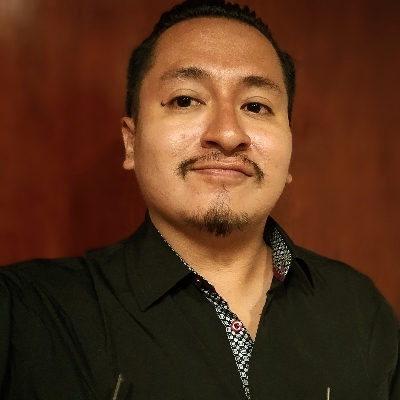Editor’s Note: This poem is available to read in Quechua and English. Scroll down to read in English.
Kichka uma
tankar kichka
ñawiymantam
yuraq qasa inti suturimun
chuyunyaq orkokunapi
Wanchuy chuya maypi
sapan
sapachallan
yana tutawan maytukuykuspa
llakillay
puriptin.
Chaynama
llaqtanchik
yuraq qasa inti lloqlla
kay
chaki allpapi
laswa sachachakuna laqwasq jina
Kichka uma
tankar kichka
ñawiymantam
layqa
rimarimun
manañam
laswa sachachakuna kanku
allpatam
patarichimunku
raku raku sapinkunawan
ninayasqaña
qaqayasqaña
llipipikuq
sacha kaspa.
*
Little Tankar1 of thorny head,
ice crystals like a white sun
fall from my eyes
over desolated regions, where the Orqos2 lives,
over pristine waters born in the Wanchuy tree3.
Lonely
very lonely,
the body is one with the fateful night
when my sorrow walks across this land.
Our territory is like
a white frost
a sun of dust.
This infertile land
is crawling like the muddy and fallen trees in an avalanche.
Little Tankar of thorny head,
through my eyes
the Layqa4 speaks in this land
And there are no muddy and fallen trees anymore
The trees
are shaking the soils with its strong roots
What a fire is burning now!
What perennial rock is rising now!
Because they are new beings, splendid trees!
Translated from Quechua to English by Christian Elguera
From the book Jarawi (Lima: Editorial Universidad Federico Villarreal, 2000)
1 The Tankar is an Andean tree with a thorny body.
2 In the Andes, local people consider Orqos or mountains as mighty beings.
3 Andean populations believe trees such as the Wanchuy to be the mothers of rivers.
4 According to Guaman Poma de Ayala and Cristobal de Molina, Layqa means a diabolic sorcerer. However, Layqa is an indigenous religious specialist with the skills to interact with powerful deities or non-human entities in Andean rituals.





